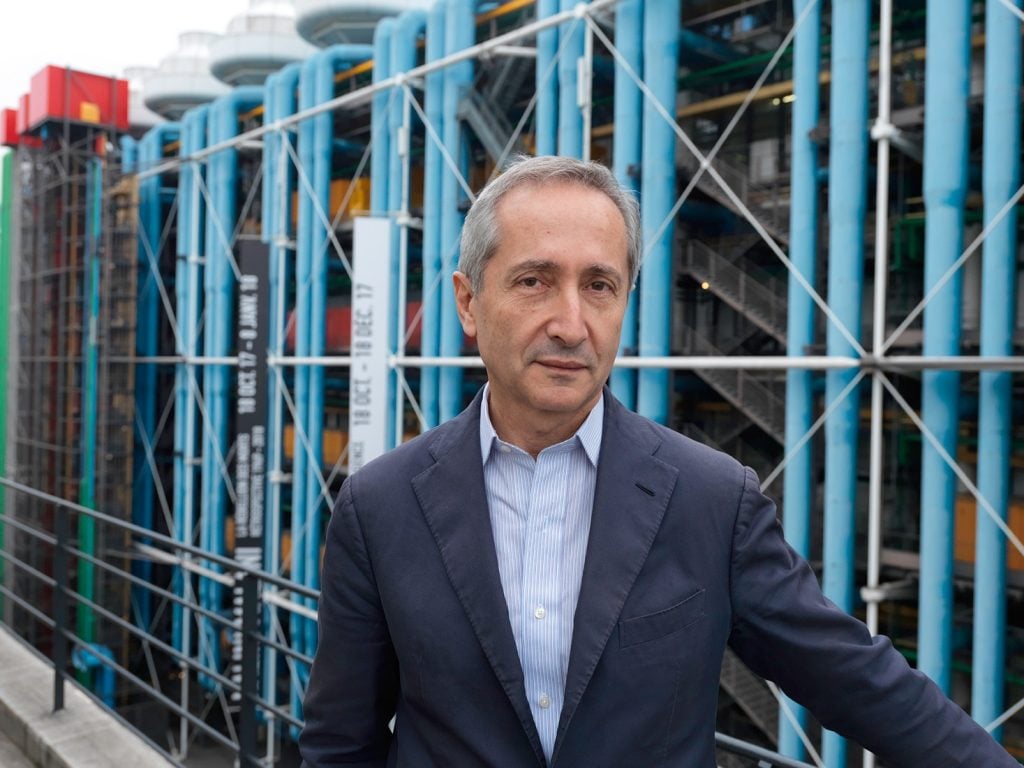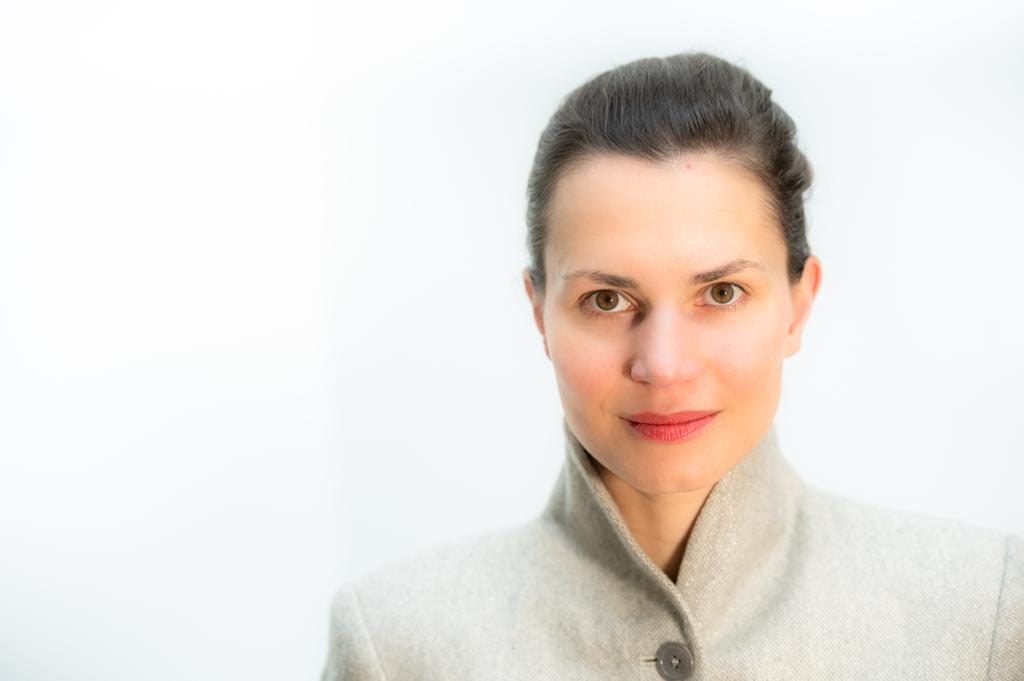The board of directors at a new art institution in Brussels has back-pedaled on a controversial decision to overrule the appointment of a female artistic director. Earlier this week, the board at Kanal-Centre Pompidou went against the wishes of an independent jury that voted for Kasia Redzisz, currently a senior curator at Tate Liverpool, to become its first artistic director.
In a surprise turn that prompted allegations of sexism and nepotism, the board decided to name Bernard Blistène to co-pilot the institution’s artistic direction with Redzisz. Blistène is a museum veteran who previously held a role at the French ministry of culture and is currently director of the Centre Pompidou’s Musée National d’Art Moderne in Paris. The Paris institution is in the middle of a 10-year partnership with the Brussels Capital Region on the project, for which some €200 million of public funds have been earmarked. Blistène has been working to get the new Belgian institution off the ground during its “test drive” phase for the past three years.
The board’s naming a duo of artistic directors was heavily criticized in the press, and nearly 800 members of the European art scene including gallerist Kristof De Clercq, collector Alain Servais, and artist Paulina Olowska signed an open letter decrying the board for its decision.
“Internationally renowned and appreciated, Kasia Redzisz has been selected by the jury for this job,” the open letter said. “She is a competent and experienced woman and there is not the slightest doubt that she would not be perfectly capable of doing this job on her own. Teaming her up with an older man is an offensive act of sexism and a blatant insult to her expertise and capacities.”
In response to the backlash, the Kanal Foundation released a statement today clarifying that the board’s decision to jointly appoint Redzisz and Blistène was made with the agreement of both parties. It also implied that the pair, who had initially been jointly appointed as artistic directors, will now create a new role for Blistène.
“It will be proposed that the collaboration fully integrates Kasia Redzisz as artistic director, while allowing the foundation to benefit from Bernard Blistène’s experience in the context of the Kanal’s partnership with the Centre Pompidou,” the statement said.
But not everyone is satisfied with this response. “The nomination does not change the reality of Blistène working alongside Kasia,” Anne Pontégnie, former chief curator at another Brussels institution and one of the signatories of the open letter told Artnet News, adding that the new arrangement was the “same situation” with “different words.”
The board will meet again before July 21 to finalize the division of tasks.

Bernard Blistène. Photo ©Thibauld Chapotot, courtesy Kanal-Centre Pompidou.
The controversy gives some insight into the inner workings of the European museum world, and the influence that city officials have behind the scenes of costly public institutions. Sources with knowledge of the jury proceedings told Artnet News that Redzisz’s proposal for the institution was the “most visionary,” and that thwarting her from fully realizing that project highlighted the difficult path facing institutions that want to break with the status quo.
The call-out letter claimed that the board’s decision to ensure Blistène’s place in the museum’s future did not come as a “surprise” to those familiar with it. “Many art professionals in Paris confirm that it was in fact an open secret that the job was promised to Blistène even before the procedure was put in place, and that he had an active say on the composition of the jury.” It added that the board’s decision was driven by Yves Goldstein, a former politician.
A similar controversy erupted earlier this year in France when art critic Nicolas Bourriaud was ousted from the head of Montpellier Contemporain after the city’s new mayor called the institution “elitist” and cast doubt on the €6 million annual budget afforded to it by his predecessor. The ousting came after a divisive board meeting during which the city broke with the protocol that required a two-thirds majority to appoint a new director and named Numa Hambursin as his replacement.







